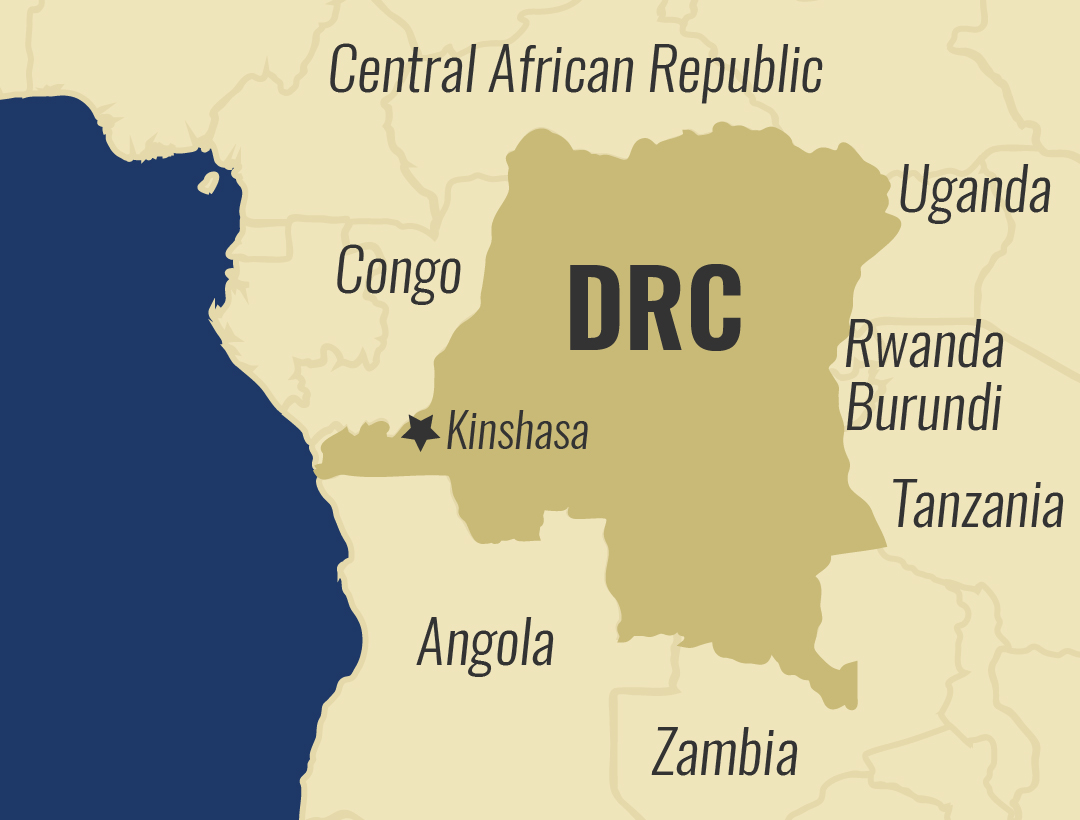Faces of Africa – Ocean Warriors, Part 1
The warm and beautiful Durban beaches in South Africa attract millions of local and international tourists every year. A group of lifeguards control the beachfront throughout the year, and especially during summer seasons. The lifeguards are on high alert at all times in case of any eventualities. There are fifty-five permanent lifeguards in Durban beaches. This number is less compared to the number of bathers and swimmers on the ocean. But the team is very professional and agile, always keen on the beachfront.
Sihle Xaba, a father of two sons is the senior lifeguard at Battery beach in Durban. Sihle has eighteen years of experience on the beach. Besides being a father, a husband and a lifeguard, Sihle is also a mentor. Heading up the group is Clint van der Merwe. Clint coordinates the group and trains the lifeguards. After every three months, Clint takes the group through a compulsory fitness test where the guards have to show their agility in rescuing a patient and to test their health condition.

“This test is basically our run swim run and then our Malibu rescue which our guys are actually paddling out to do,” told Clint.
This test applies to every lifeguard including Sihle who has had over a thousand tests in his eighteen years of experience on the beach.
“This is the fun part of the job, having to do a fitness test. I like when the surf is like this, it’s more challenging,” told Sihle.
If someone gets cast off the board and they lose their patient and the board, they fail the test.

Due to the huge numbers of swimmers and bathers flocking Durban beaches, the city of Durban has set up the Festive Season Disaster Management Committee that monitors Durban’s beaches. Their mandate is to screen the beachfront and the city streets in order to make sure that people are safe. CCTV cameras are strategically positioned in different areas in the city and are monitored twenty-four hours a day. The cases that the lifeguards try to avoid are drowning. But most of the times, they encounter cases related to epilepsy.
“We deal with a lot of epilepsy on the beach. Epilepsy and humidity don’t gel together,” told Clint.
During apartheid, the beaches were segregated and there were no swimming pools in schools and in the townships, and as a way of giving back to community, Sihle trains youngsters in Lamontville how to swim.

“I’m going to put a hundred percent focus on their swimming and by mid next year they should have improved their swimming and join the lifesaving club to be nippers,” told Sihle.
Three million and seven hundred people visited Durban beaches in 2015, Sihle and the team of lifeguards took care of seven thousand two hundred and forty eighty first aid cases and performed one thousand three hundred and sixty-eight rescues from the ocean.

“It was pretty much the same as every season we’ve dealt with, same amounts of crowds,” told Clint.





